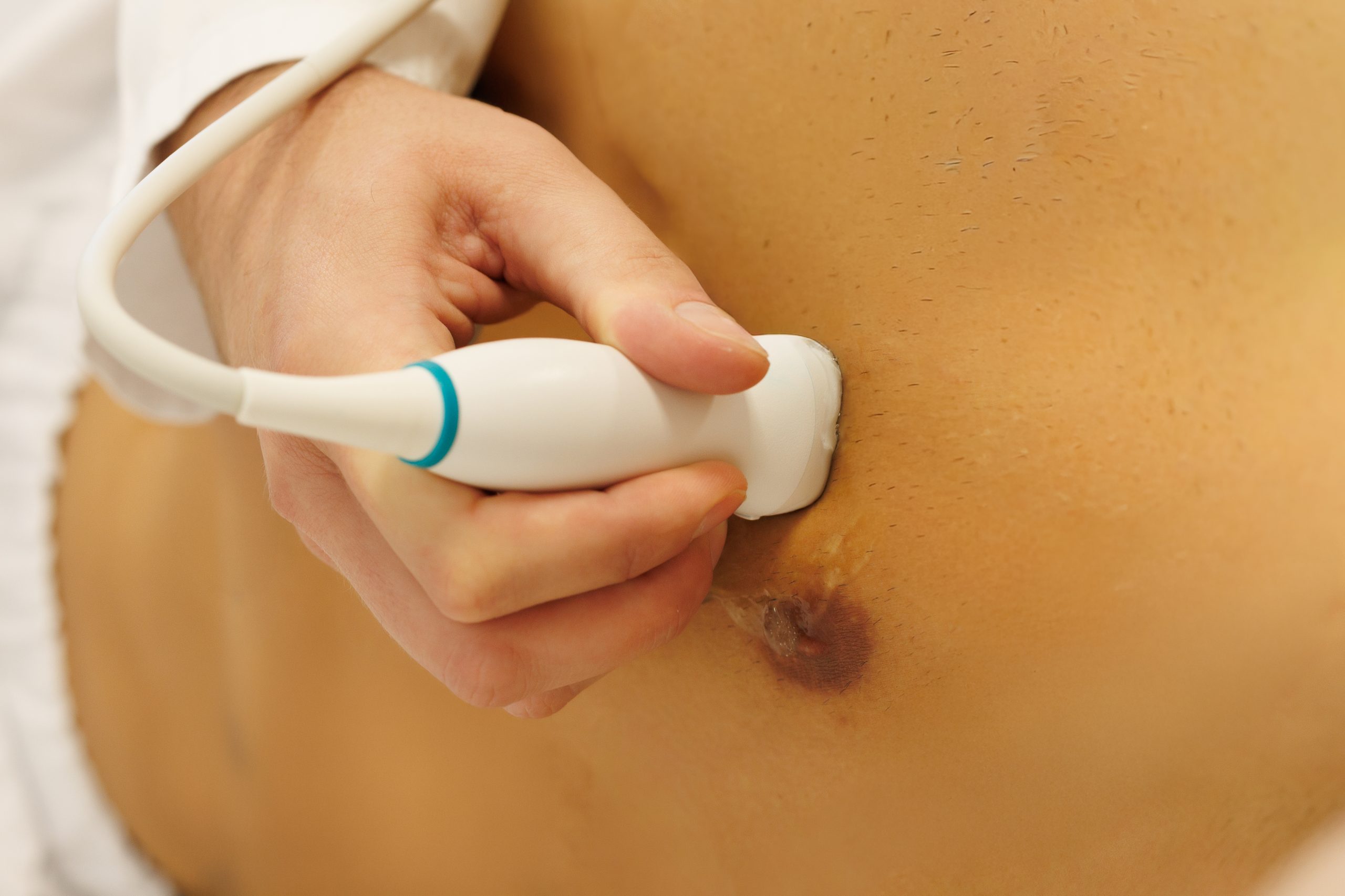Heart myths that can cost us dearly
That our heart health is essential goes without saying, but when it comes to turning words into action, we often fail to take proper care of ourselves. To preserve our health, we also need a certain level of knowledge. Each year on September 29, World Heart Day is observed, raising awareness about the dangers of cardiovascular diseases, the world’s leading cause of death, and the importance of their prevention. But how well do we really know our hearts? Can we distinguish myths from facts? Here are some of the most widespread misconceptions about cardiovascular diseases, as highlighted by the American Heart Association.
“I’m too young to worry about heart disease.”
The way you live in your youth affects your risk of cardiovascular disease later in life. Even in childhood and adolescence, plaque can begin to accumulate in the arteries, eventually leading to the formation of blockages. Young people and those in middle age can also develop heart problems—especially today, as obesity, type 2 diabetes, and other risk factors are becoming increasingly common at a younger age.
“I’m too young to worry about heart disease.”
High blood pressure is often referred to as the “silent killer” because it typically has no noticeable symptoms. Blood pressure is effortless to check with a monitor—at your family doctor’s office or at home. Devices are widely available, and results are instant. Early treatment of high blood pressure is crucial to help prevent heart attack, stroke, kidney damage, and other serious health problems.
“I’ll know I’m having a heart attack because I’ll feel chest pain.”
While chest pain or discomfort is a common symptom, a heart attack can also present more subtly. Warning signs may include shortness of breath, nausea, dizziness, or discomfort in one or both arms, the jaw, neck, or back. Even if you’re not sure whether it’s a heart attack, seek medical help immediately to rule out any serious concerns.

“Heart disease runs in my family—there’s nothing I can do to prevent it.”
Although people with a family history of heart disease are at higher risk, you can take steps to reduce your own risk dramatically. Create an action plan for maintaining heart health that includes regular physical activity, monitoring cholesterol, blood pressure, and blood sugar levels, adopting a healthier diet, maintaining a healthy weight, getting quality sleep, and managing stress effectively. Avoid smoking.

“I don’t need to check my cholesterol until middle age”
Measuring risk factors in young adults helps assess the lifetime risk of cardiovascular disease. After the age of 20, traditional risk factors should be checked every four to six years. You can also support your own health and that of your family by adopting a healthy diet and engaging in regular physical activity.
“My heart is racing, maybe I’m having a heart attack.”
Some variations in heart rate are normal. Your heart beats faster during exercise or excitement, and slows down when you sleep. Most of the time, a change in heart rate is no cause for concern. However, sometimes it may signal an arrhythmia—an abnormal or irregular heartbeat. Some arrhythmias are harmless, but others can last long enough to affect heart function and require treatment.